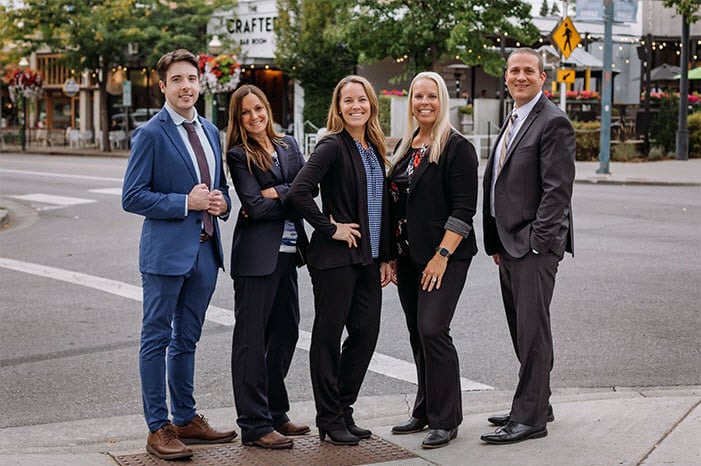The police have the right to pull over vehicles they believe are operated by people who are under the influence of drugs or alcohol.
One way the police can determine if a driver is drunk is by performing sobriety tests. There are two variations of sobriety tests drivers should be aware of:
What are standardized field sobriety tests?
Standardized field sobriety tests are physical examinations that may help the police determine if a driver is intoxicated. Standardized field sobriety tests are officiated through the National Highway Traffic Safety Administration. There are three kinds of standardized field sobriety tests:
- Horizontal gaze nystagmus test: This test examines the eyes for involuntary rapid flickering (nystagmus), which could be a sign of drunkenness.
- One-legged stand test: This test may indicate inebriation if a driver fails the test due to the appropriate clues exhibited.
- Walk-and-turn test: A driver may have consumed alcohol if they struggle to follow instructions or fail the test due to appropriate clues exhibited.
If the police ask a driver to do any other kind of test, such as holding a finger to their nose, then they are conducting a non-standardized field sobriety test.
What are chemical sobriety tests?
Alternatively, the police may ask drivers to perform a chemical sobriety test. Drivers may go to a hospital or police station to have their urine or blood tested. Alternatively, the police could administer a portable breathalyzer test that evaluates a driver’s sobriety through their breath — but these are less accurate than urine or blood testing.
Each of these tests evaluates a driver’s blood alcohol content (BAC). BAC is the amount of alcohol found in a person’s body. If a BAC level is above the legal driving limit, then the driver may face criminal penalties post-arrest.
It can help drivers understand their legal rights during traffic stops. A driver who believes their rights were violated during a traffic stop should seek legal counsel.

